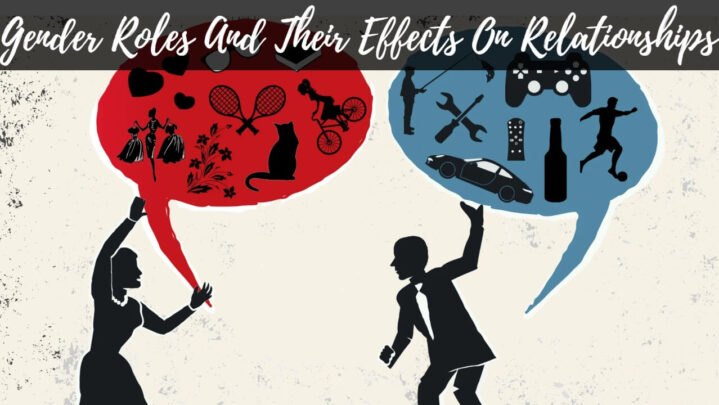Traditional gender roles have characterized men as breadwinners and women as caregivers in many civilizations. Men are frequently supposed to be strong, stern, and self-sufficient, whereas women are expected to be caring, emotional, and dependent. Traditional gender norms can have a considerable influence on romantic and platonic relationships.
In a loving partnership, for example, conventional gender norms may result in a power imbalance, with the male as the dominating partner and the woman as the subservient partner. This can make males feel obligated to care for and protect their relationships, while women may feel obligated to put their partners’ needs over their own. This dynamic can make communication and decision-making difficult for both spouses, leading to sentiments of anger and discontent.
Traditional gender norms can also cause uneven dynamics in platonic relationships. Men may feel pressure to hide their feelings and prevent vulnerability, whereas women may feel pressure to be helpful and empathetic at all times. This might make it difficult for men and women to build relationships.
It’s vital to remember that not everyone fits into traditional gender categories and that there are many diverse ways to exhibit masculinity and femininity. Furthermore, it is critical to note that the impact of gender roles might differ depending on the situation and persons involved.
Finally, conventional gender roles may have a substantial influence on relationships as well as people’s mental health and self-esteem. It is critical to be aware of these dynamics and endeavor to break down gender preconceptions in order to foster more balanced and healthy relationships.
Also Read: Five Clever Ways To Cope With Obnoxious Relatives





